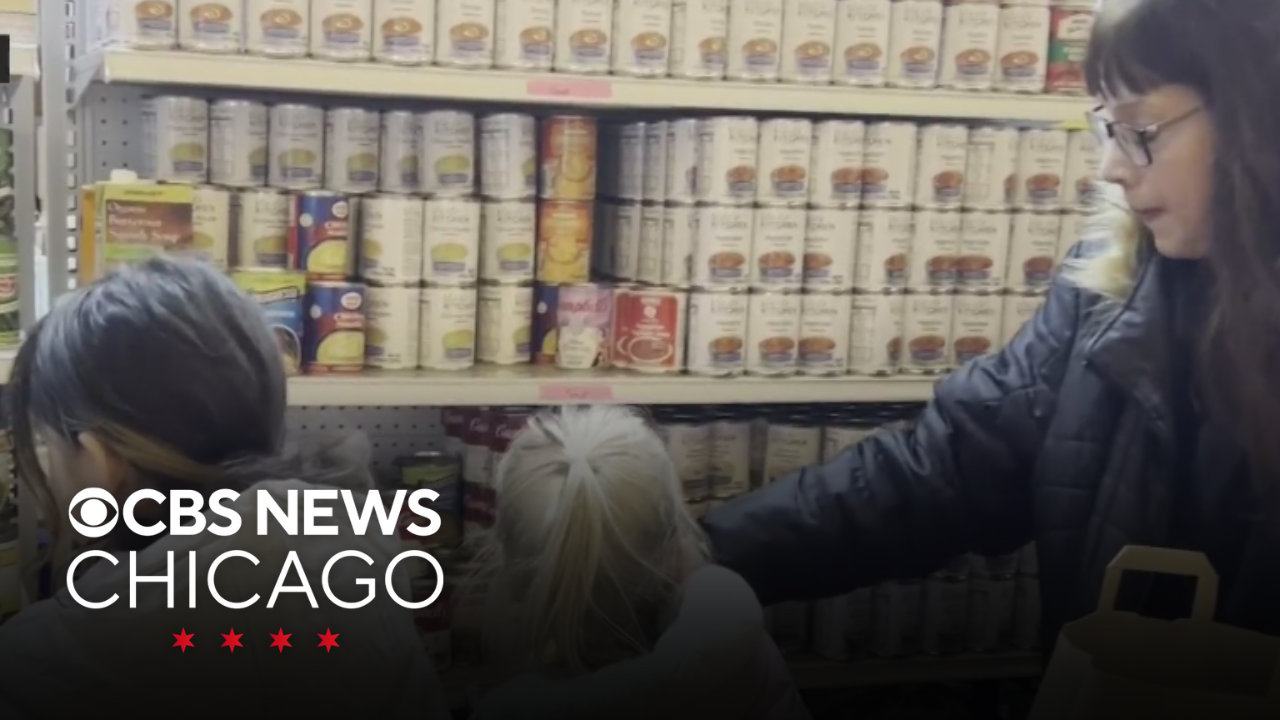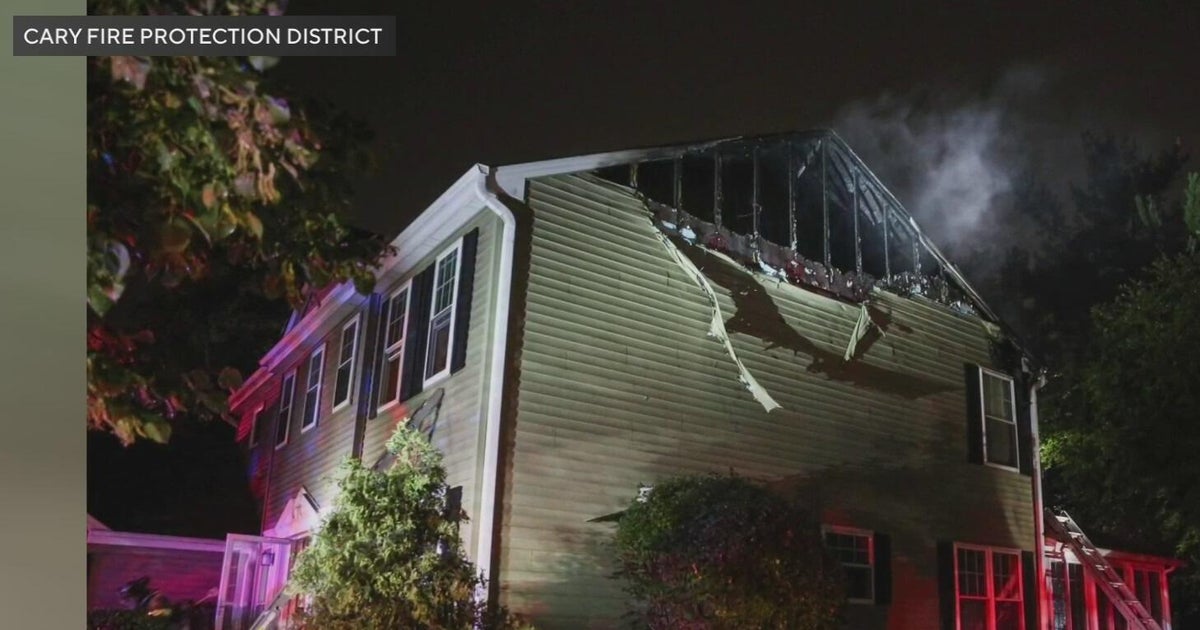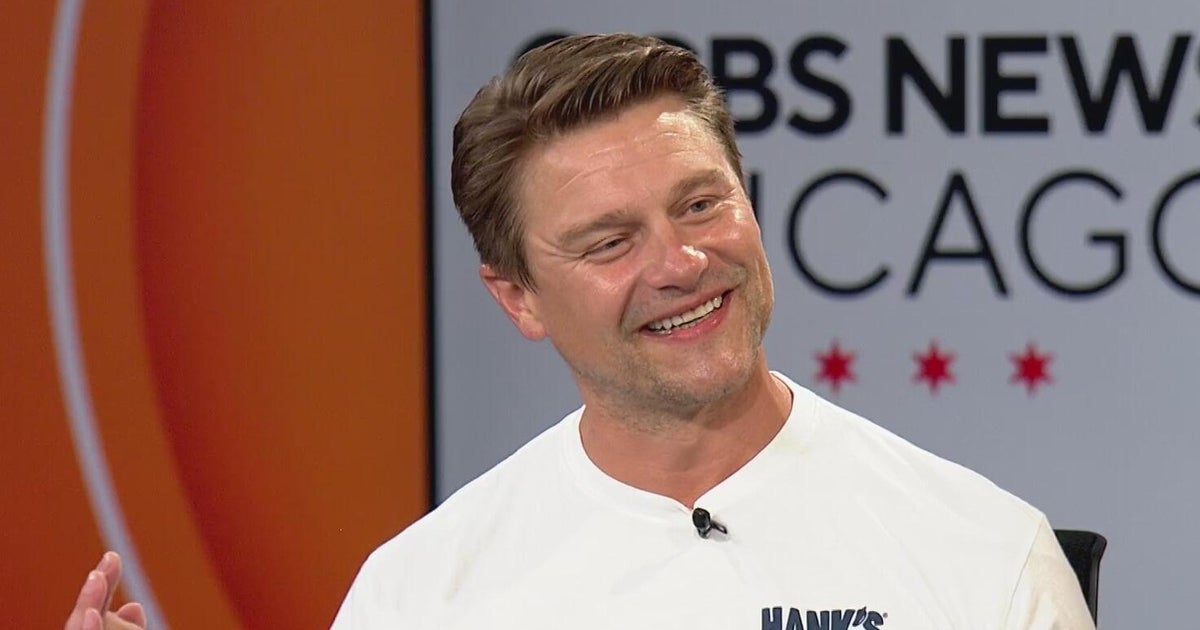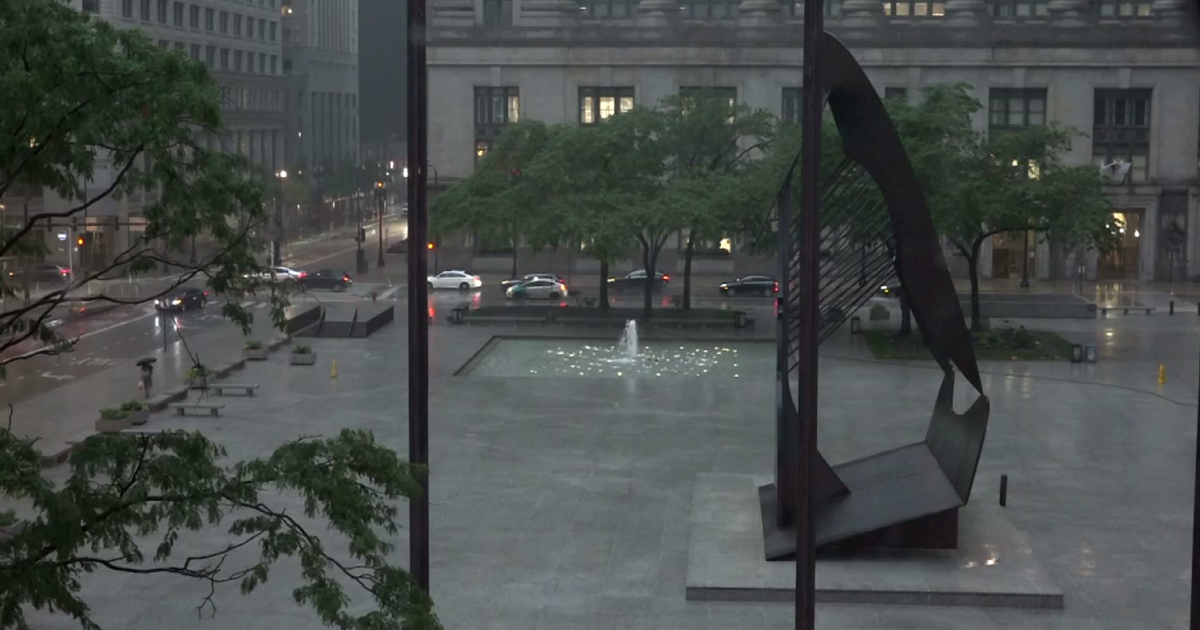Chicago area food pantries prepare to fill gap with federal SNAP cuts
Nearly 2 million Illinois residents rely on the Supplemental Nutrition Assistance Program, or SNAP, to put food on the table.
President Trump's recent "big, beautiful bill" budget plan makes big cuts to the program. In the Chicago area, that change has some food pantries, and the food banks that serve them, preparing to fill the gap.
If a net is nothing more than twists and knots, Bolingbrook's Cindi Muntz said she is watching to see what happens to the social safety net know as SNAP.
"That you do in life, you figure things out, like you unwind the knot, and you just keep moving forward — and that's what we're doing here," said Muntz.
A mom with three kids 10 or younger, Muntz is on SNAP after a series of financial and medical setbacks.
"I think that you get labels. People assume that you're some sort of way, when in actuality, no, I'm a productive person in society," Muntz said. "I've just had several things that have happened."
At the end of the month, Muntz makes ends meet at Western Suburban Community Pantry.
"I also like that you only take what you need. I'm really big on not wasting, you know?" said Muntz. "There's so many people who need help for various reasons."
Now, some those providers preparing for even more customers. The Northern Illinois Food Bank held a round table Thursday with some of the food pantries they work with, and elected officials, to talk about how this might impact them.
"Costs are going up, and SNAP benefits are going down, then that's what happens — that SNAP gap becomes bigger," said Mike Havala , president and chief executive officer of Loaves and Fishes Community Services, "so just the basic math says there's going to be a lot more demand as that snap gap is going to increase."
The changes to SNAP would require work hours for recipients, and shift some of the federal program's funding responsibility to states.
In Illinois, the office of Gov. JB Pritzker estimates the changes could affect 360,000 people with a price tag of $705 million each year.
Republican supporters say the cuts are necessary to right-size the program and end fraud or abuse. They point to U.S. Department of Agriculture numbers that show almost 12% of SNAP payments were improper — that they were either in the wrong amount, or should not have been made at all.
Speakers at the Northern Illinois Food Bank roundtable in Geneva said they did know when these cuts could go to into effect, adding to their overall concerns.




